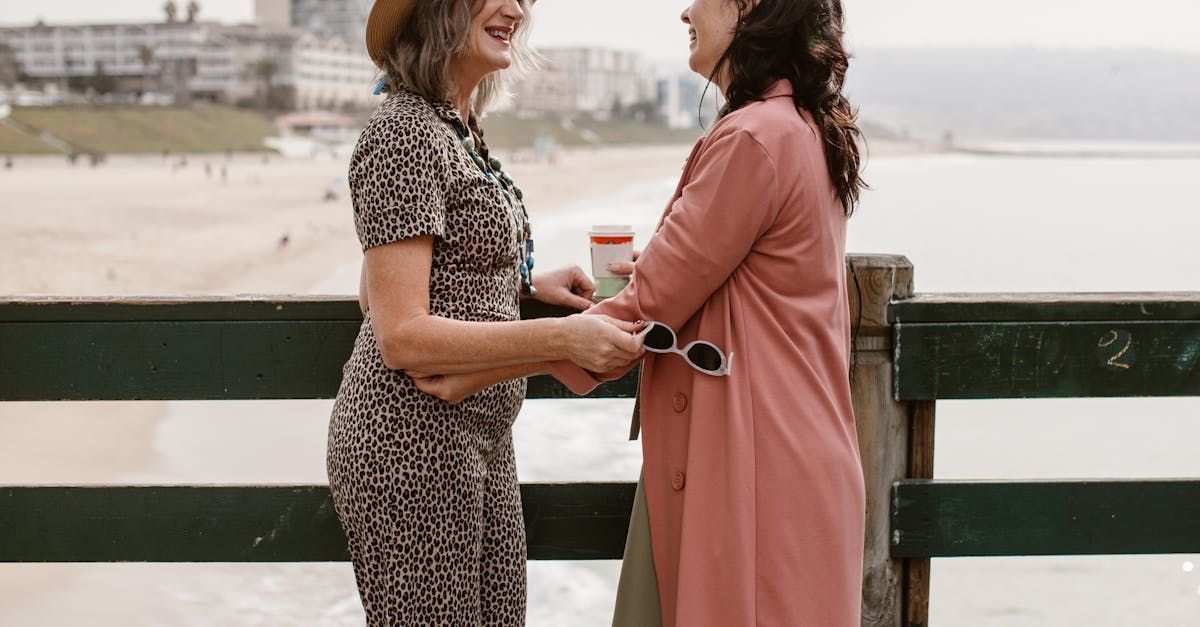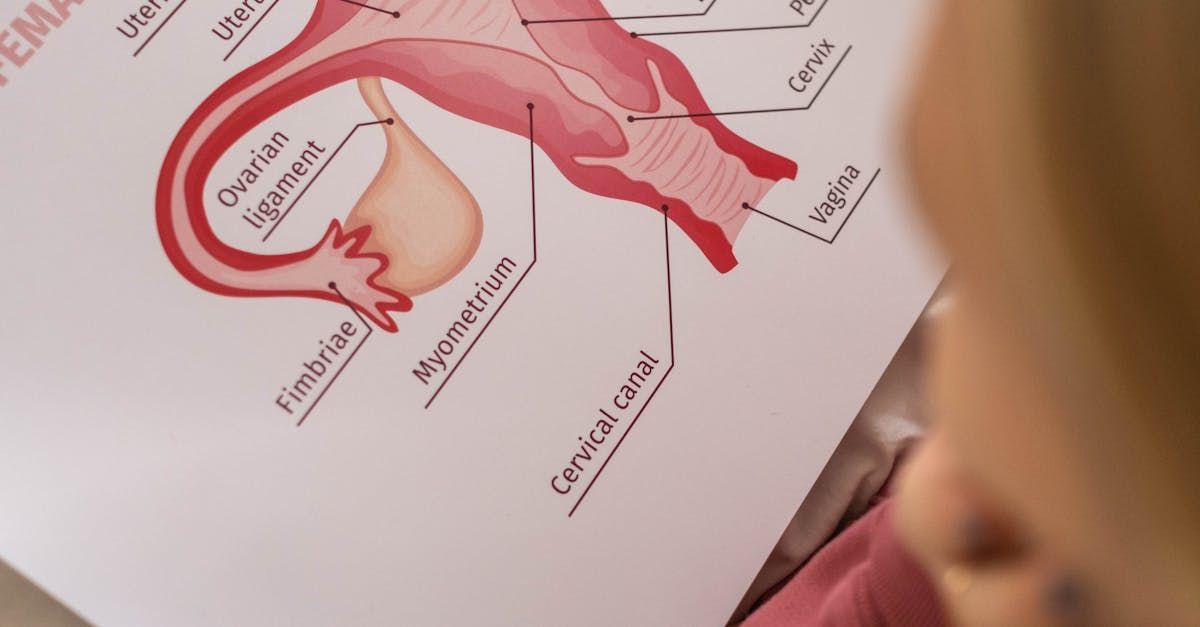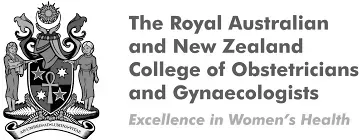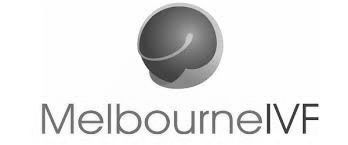Egg Freezing: Is It the Right Choice for You?
Egg freezing, also known as oocyte cryopreservation, has become an increasingly popular option for women who wish to preserve their fertility for the future. Whether you’re focused on your career, haven’t found the right partner, or have health concerns that could impact fertility, egg freezing offers the possibility of becoming a mother later in life. But is it the right choice for you? This blog will explore the benefits, process, and considerations involved in egg freezing.
Who Should Consider Egg Freezing?
Egg freezing can be a good option for women who want to delay childbearing for personal or medical reasons. This includes women who are pursuing education or career goals, those who haven’t found the right partner, or individuals undergoing medical treatments (such as chemotherapy) that could affect their fertility. Additionally, women with a family history of early menopause or diminished ovarian reserve may choose to freeze their eggs as a precaution.
Egg freezing can also be an effective family planning tool for couples or individuals who start their families later in life. For those who may want to have a second or third child in the future, freezing eggs at a younger age can help preserve fertility and increase the chances of having more children when the time is right. This approach provides more flexibility and peace of mind, especially as fertility naturally declines with age.
The Egg Freezing Process
The egg freezing process involves several steps, starting with ovarian stimulation. Over 10-14 days, you’ll take hormone injections to stimulate your ovaries to produce multiple eggs. During this time, your fertility specialist will monitor your progress through blood tests and ultrasounds. Once the eggs are mature, they are retrieved in a minor procedure under sedation or a light anaesthetic. The retrieved eggs are then frozen using a process called vitrification, which prevents ice crystals from forming and preserves the eggs’ viability.
Success Rates and Considerations
While egg freezing offers the possibility of future fertility, it’s important to have realistic expectations. Success rates depend on several factors, including your age at the time of freezing and the number of eggs retrieved. Generally, younger women have a higher chance of a successful pregnancy using frozen eggs. It’s also important to consider the costs involved, as egg freezing can be expensive, and storage fees may apply. Consulting with a fertility specialist can help you weigh the pros and cons based on your individual circumstances.
Conclusion
Egg freezing is a valuable option for women who want to take control of their reproductive future. However, it’s not a decision to be made lightly. Understanding the process, success rates, and costs involved is crucial to making an informed choice. If you’re considering egg freezing, schedule a consultation with a fertility specialist to discuss your options and determine if it’s the right path for you.






Contact
Melbourne IVF
268 Manningham Rd, Templestowe Lower VIC 3107
New Patient - (03) 9006 5570
Existing Patient - 03 9473 4444
Practice Hours:
Mon - Fri 7:00 am to 4:30 pm
Sat - by prior arrangement
All Rights Reserved | Dr Yousif Alyousif
